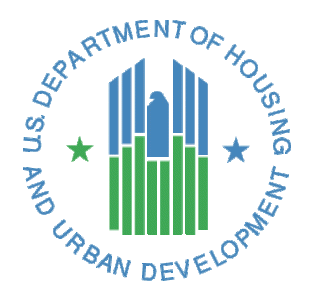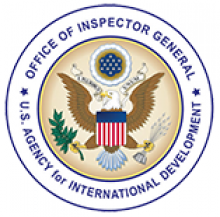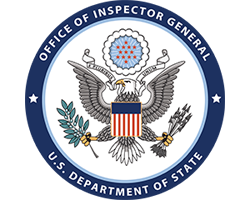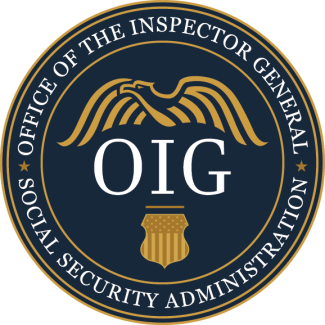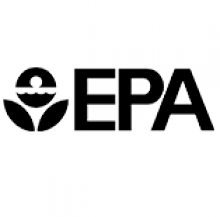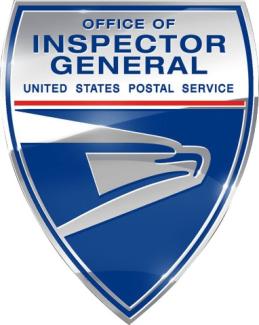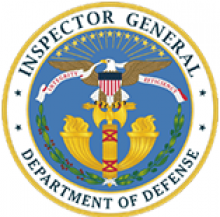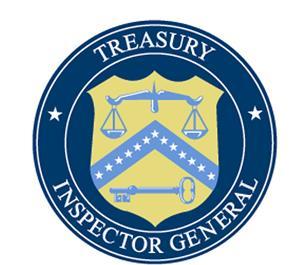Retention is a shared responsibility between the U.S. Department of Housing and Urban Development’s (HUD) Office of the Chief Human Capital Officer (OCHCO) and HUD’s other program offices. OCHCO sets the departmentwide retention strategy, while the program offices have responsibility for managing retention within their offices. Our evaluation determined that HUD’s departmentwide retention strategy in fiscal years (FY) 2019-2022 mostly aligned with best practices and that OCHCO had a proactive approach to retention. We found that OCHCO had taken the initiative to conduct an exit survey of all departing HUD employees, but also that HUD could better leverage the data it was collecting to address causes of attrition identified in the survey.We met with retention leads from seven of HUD’s program offices and found that those program offices varied in their strategic management of retention. All seven program offices had access to attrition data, which they used to identify positions or grade levels in which it was particularly challenging to retain employees or in which attrition caused greater risks to the mission. Four program offices described specific retention activities or strategies they worked on with OCHCO. However, the seven program offices varied in whether they identified the underlying causes of low retention and addressed them with specific actions, as well as in how they measured the effectiveness of retention activities.Our analysis showed that HUD’s overall voluntary attrition rate was below the average rate of the three comparable agencies. However, when we analyzed the voluntary attrition rates by subgroups, we noticed several significant trends. For example, support-focused offices had the top four highest voluntary separation rates. Additionally, the voluntary attrition rate for governmentwide mission-critical occupations rose during the period FY 2019-2022, while the average of the comparable agencies decreased. HUD’s voluntary attrition rate for employees in field offices in large cities also rose during the period, compared to Washington, DC, and field offices in midsize and small cities. During our analysis, we also determined that HUD had room to improve the quality of its data about HUD-specific mission-critical occupations and position titles.The use of retention incentives varies across HUD. HUD offers coaching, mentoring, and career development programs. We observed that some program offices used remote work to improve retention in hard-to-fill positions. Retention incentives that make use of compensation and special pay rates have U.S. Office of Personnel Management requirements that limit their applicability to HUD employees.We provided HUD with five recommendations. Three recommendations are related to improving the quality and usefulness of retention-related data. Two recommendations relate to determining causes behind higher than benchmarked attrition in subgroups within HUD and addressing those causes. We closed recommendations 1 and 2 before issuance of the final report based on documentation OCHCO provided to us.
| Report Date | Agency Reviewed / Investigated | Report Title | Type | Location | |
|---|---|---|---|---|---|
| Department of Housing and Urban Development | U.S. Department of Housing and Urban Development Employee Retention | Inspection / Evaluation | Agency-Wide | View Report | |
| U.S. Agency for International Development | Performance Audit over the Adequacy and Cost Accounting Standards Compliance of Disclosure Statement, Revision 15 for Abt Associates Inc - Government Segment | Other |
|
View Report | |
| Department of State | Inspection of Embassy Baghdad and Constituent Post, Iraq | Inspection / Evaluation | Agency-Wide | View Report | |
| Social Security Administration | Match of Puerto Rico Death Information Against Social Security Administration Records | Audit | Agency-Wide | View Report | |
| Environmental Protection Agency | Audit of the EPA’s Fiscal Years 2022 and 2021 (Restated) Pesticide Registration Fund Financial Statements | Audit | Agency-Wide | View Report | |
| U.S. Postal Service | Texas-2 District: Delivery Operations | Audit |
|
View Report | |
| Department of Veterans Affairs | Delay of a Patient’s Prostate Cancer Diagnosis, Failure to Ensure Quality Urologic Care, And Concerns with Lung Cancer Screening at the Central Texas Veterans Health Care System in Temple | Inspection / Evaluation |
|
View Report | |
| Department of Defense | Management Advisory: Leahy Vetting of DoD-Trained Ukrainian Armed | Audit | Agency-Wide | View Report | |
| Department of Defense | Audit of DoD Use of the Government Purchase Card in Response to the Coronavirus Disease–2019 Pandemic | Audit | Agency-Wide | View Report | |
| Department of the Treasury | FINANCIAL REGULATION AND OVERSIGHT: Treasury OIG Purchase Cards Annual Report Transmittal to OMB | Other | Agency-Wide | View Report | |


